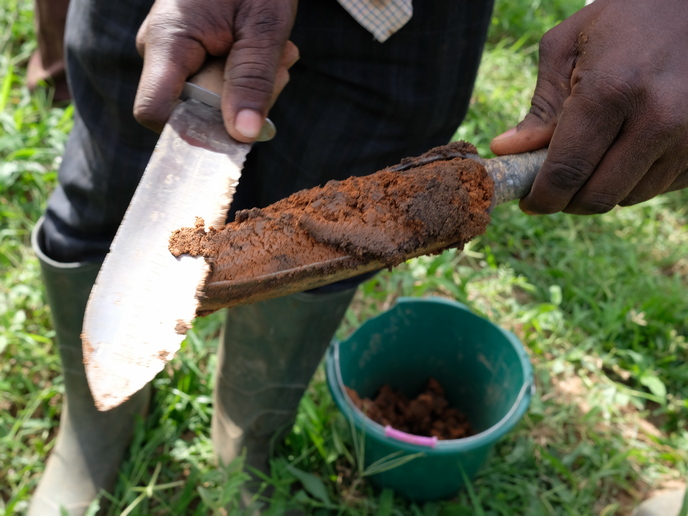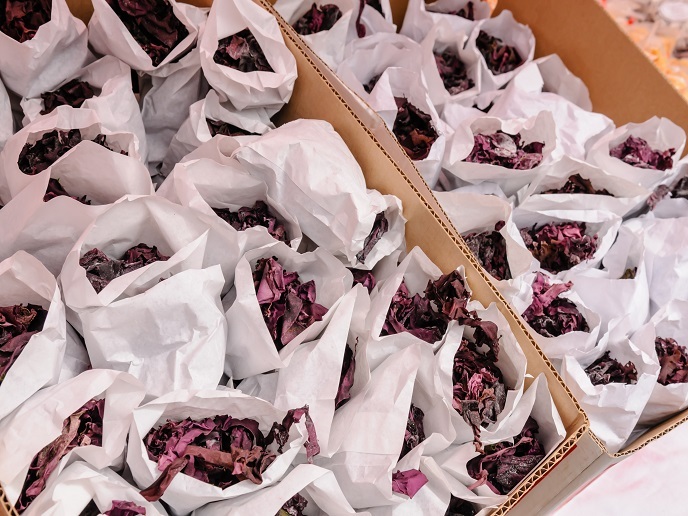Microalgae cultivation project is powering a green revolution in global food production
The global population is expected to rise to almost 10 billion by the middle of this century. Food demand will increase in tandem: estimates suggest demand will reach 3 billion tons per year by 2050, an increase of 43 % compared to 2009. This will put enormous strains on existing supply chains, and the environment. The ongoing coronavirus pandemic has also brought to light the fragility of global food supplies and a need to bolster food production around the globe. In order to ensure all humans have access to secure, healthy food sources of high quality, without causing severe and irreversible damage to the environment, production must become sustainable. Food companies are beginning to shift their methods and are therefore turning to alternative food production methods. With the help of funding from Horizon 2020, the BioSolar Leaf project, led by London-based Arborea(opens in new window), is developing such systems needed to power this revolution. The company is developing BioSolar Leaf, a cultivation platform that harnesses the sun’s energy to grow tiny plants such as microalgae, diatoms and phytoplankton on vast panel-like structures. These platforms can be placed in almost any environment and structure and use just carbon dioxide and sunlight to power the plant growth. “The technology’s unique advantage is that it can self-regulate and maintain the optimal growth conditions homogeneously at large scale, while being able to absorb carbon dioxide at low concentrations from exhaust gases,” explains Julian Melchiorri, CEO of Arborea and BioSolar Leaf project coordinator. “In doing so, it has created a radically more effective food production platform resulting in a capital-light, scalable solution to produce nutritional ingredients and proteins sustainably, efficiently and affordably.”
Growth platforms
BioSolar Leaf is a biochemical engineering platform, designed to produce such microogranisms on mass, harnessing the energy of the sun. These organisms contain a wide range of nutrients, such as lipids, carbohydrates, proteins and antioxidants. They give the highest yield of any plant-based protein, creating huge production efficiencies. The platforms require no soil use, meaning that they can be stationed in areas where it has completely degraded – and even be used in desert environments. Ingredients are extracted directly from the cells of these microorganisms in their purest forms. These can be used by food companies to create a huge variety of food, to produce everything from protein supplements to plant-based meat alternatives. Due to the unique technology, the system can also use most industrial waste gases to power production, creating additional environmental benefits. The platforms themselves also sequester carbon, even more efficiently than an equivalent-sized patch of forested land.
Branching out
The BioSolar Leaf project allowed the team to perform business and technical analysis of the cultivation system. They were able to identify a viable product for the European market, and also identified a stream of potential customers who showed interest in the products. While the focus of the project has been microorganisms for the human food industry, future growth patterns may diversify. “The same platform could produce food for aquaculture(opens in new window) or even produce biochemicals for other sectors such as for the cosmetic industry,” says Melchiorri.







